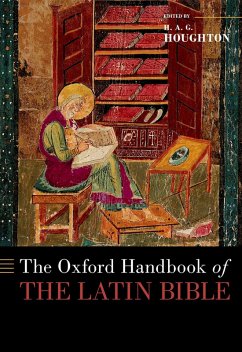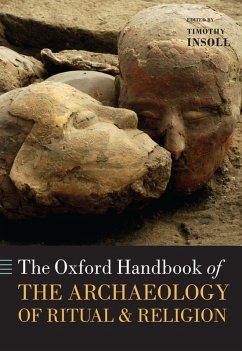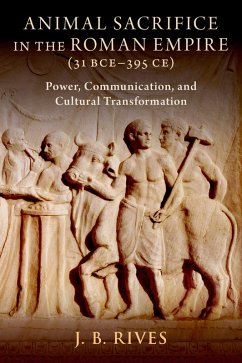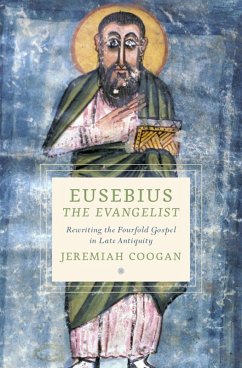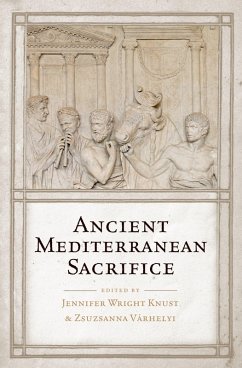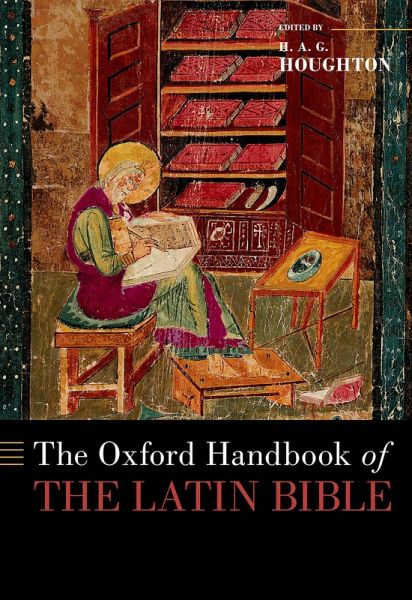
The Oxford Handbook of the Latin Bible (eBook, PDF)
Versandkostenfrei!
Sofort per Download lieferbar
57,95 €
inkl. MwSt.
Weitere Ausgaben:

PAYBACK Punkte
29 °P sammeln!
The Latin Bible stands at the heart of Western culture. For almost fifteen hundred years, it was the principal source for scholars, philosophers, and theologians to reflect on the ideas and narratives which shaped society in Europe and beyond. It continues to feature in Christian liturgy, music, and art, and has influenced both Latin and vernacular language and literature. Manuscripts of the Latin Bible showcase the artistic and technical achievements of Late Antiquity and the Middle Ages, and it was the first book to be produced with Gutenberg's printing press. Biblical interpretation played ...
The Latin Bible stands at the heart of Western culture. For almost fifteen hundred years, it was the principal source for scholars, philosophers, and theologians to reflect on the ideas and narratives which shaped society in Europe and beyond. It continues to feature in Christian liturgy, music, and art, and has influenced both Latin and vernacular language and literature. Manuscripts of the Latin Bible showcase the artistic and technical achievements of Late Antiquity and the Middle Ages, and it was the first book to be produced with Gutenberg's printing press. Biblical interpretation played a central role in education, from sermons in antiquity to medieval schools and the development of the university. The Oxford Handbook of the Latin Bible contains thirty-one chapters covering the history of the Latin Bible from its earliest translations (the Vetus Latina), the revisions by Jerome and others leading to the Vulgate, the achievements and innovations of the Carolingian period and Middle Ages, the development of modern scholarship, and the twentieth-century innovation of the Nova Vulgata. It includes discussions of key figures and interpreters, the most important manuscripts, and the significance of the Latin Bible in multiple fields. The international team of contributors includes many of the world's leading authorities, along with representatives of a new generation of researchers developing new approaches and insights into this rich and diverse material. Each chapter introduces the current state of scholarship, with extensive references to key literature and electronic resources. This volume provides a unique overview of one of the world's most important books.
Dieser Download kann aus rechtlichen Gründen nur mit Rechnungsadresse in A, B, BG, CY, CZ, D, DK, EW, E, FIN, F, GR, HR, H, IRL, I, LT, L, LR, M, NL, PL, P, R, S, SLO, SK ausgeliefert werden.




